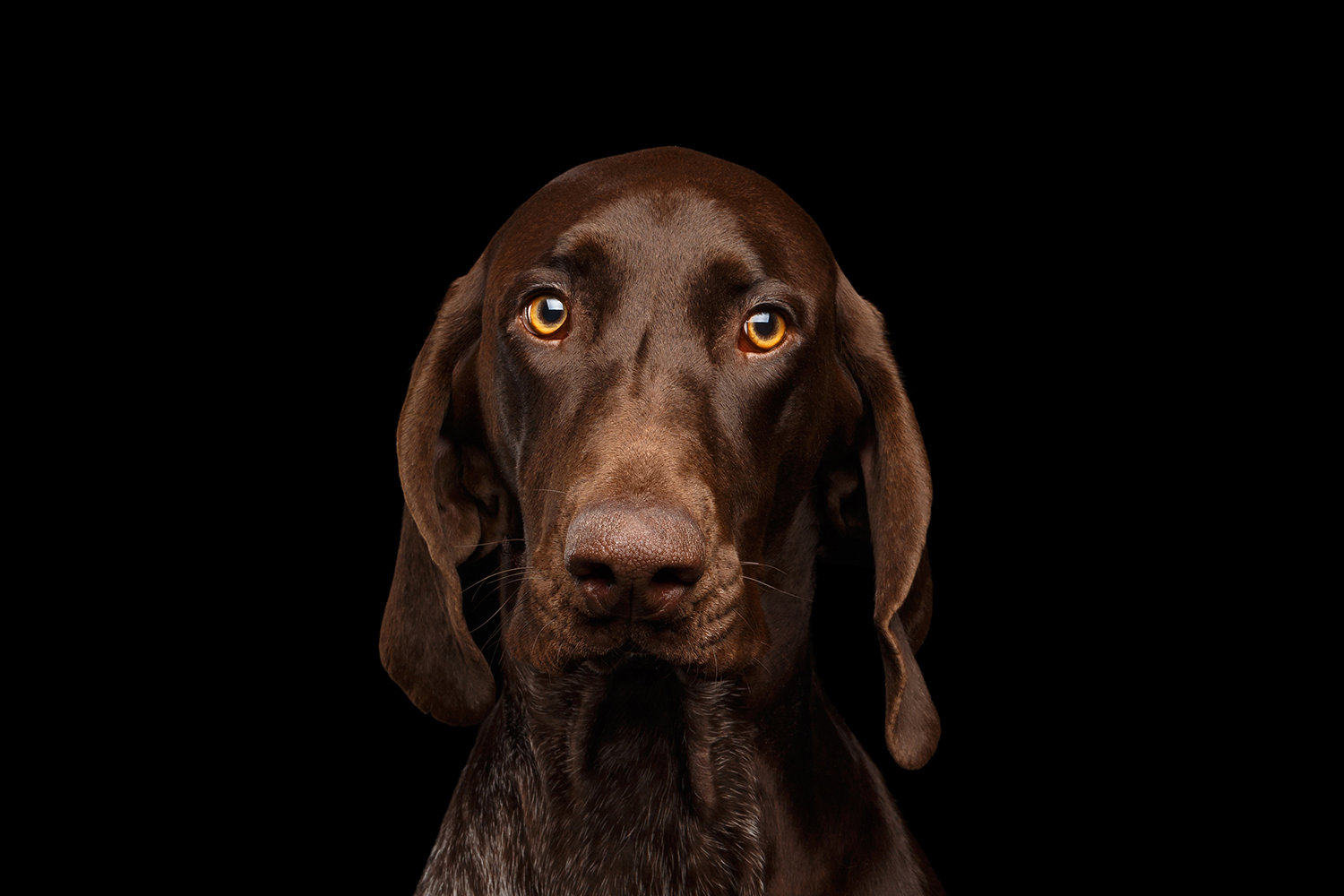Yes, dogs get coronavirus
but it’s not the same as the one that causes COVID-19
Despite all the info out there, confusion abounds. Here are some facts.
Canine coronavirus
Dogs can get infected with canine coronavirus.
There are three main canine coronavirus infections:
canine enteric coronavirus (CCoV or CECoV) – the word enteric tells us that the intestines are involved. This sort of coronavirus is a vomiting and diarrhoea disease
canine respiratory coronavirus (CRCoV) – which can be considered part of the canine infectious respiratory disease complex (AKA ‘kennel cough’)
pantropic canine coronavirus – which isn’t so much a separate strain as a virulent mutation of CCoV. This causes severe gastrointestinal signs and can affect other organs
We see probably see cases of both the respiratory and enteric coronavirus infections here in Elwood. Fortunately, the more severe version is far less common.
Canine coronavirus is not the same thing as the coronavirus causing COVID-19. That coronavirus is called severe acute respiratory syndrome coronavirus 2 (SARS-CoV-2). There are now two reported cases of dogs testing positive to SARS-CoV-2. Both occurred in Hong Kong in dogs living with people who had confirmed COVID-19. Neither dog developed symptoms and another dog living with the second reported case tested negative.
How do dogs get coronavirus?
We’ll focus on the enteric version here (CECoV).
If you want more info about the respiratory version, check out the page on kennel cough.
Dogs get infected with CECoV when they ingest the virus. The virus travels through the stomach and then attaches to/fuses with the cells that line the small intestine. The virus then uses the cells’ inner workings to replicate itself. The cell becomes full of virus, bursts open and releases virus particles into the gut, where they pass out in poo.
The cells taken over by the virus are damaged/unable to perform their usual functions of absorbing nutrients and water from the gut, which is why we see diarrhoea.
Given the lifestyle (bum sniffing) and non-discerning tastes (yep, that muddy faecally-contaminated water is just delicious), it’s not hard to see how the virus gets from poo into another dog’s mouth. This mode of transmission is called oro-faecal.
What are the signs of coronavirus in dogs?
Again, we’re focusing on the enteric version here.
The signs of CECoV are:
vomiting
lethargy
loss of appetite
diarrhoea (which may be bloody)
Fever is uncommon unless the virulent variant pantropic CCoV is involved. Infected dogs may lose enough fluid in the diarrhoea to become dehydrated.
Many (if not most) patients have mild signs. Very young dogs or dogs who have other gut infections at the same time may become very ill.
How is coronavirus diagnosed in dogs?
The signs of CCoV infection are not specific enough to make a diagnosis. We see vomiting and diarrhoea with lots of other infections (eg parvovirus, adenovirus, various bacteria and other dietary ‘indiscretions’)
As most infections cause minor signs and resolve on their own (the dog’s immune system overcomes the virus), we don’t tend to do a lot of diagnostics looking for coronavirus.
Viral DNA can be detected in faecal samples. The problem with this is that lots of healthy dogs test positive to CECoV so it can be hard to say that diarrhoea is definitely due to coronavirus with a positive test.
In very ill dogs. we might do blood tests looking to rule out other diseases and check how the body is coping with the disease.
How is coronavirus in dogs treated?
There is no specific treatment for CECoV.
Therapy is generally symptomatic and supportive such as:
medication to control vomiting
IV fluids to correct dehydration
nutritional support
treatment of concurrent infections/conditions
Most affected dogs recover within 8–10 days.
Can coronavirus be prevented in dogs?
At Elwood Vet, if we’re seeing patients with any signs of infectious disease, we apply infection control procedures. At home, use common-sense hygiene principles.
Like all coronaviruses, CECoV is an ‘enveloped’ virus, which makes it susceptible to disinfectants (unlike parvovirus) and heat. At room temperature, CECoV can remain infectious for a couple of days, but it can be fairly easily killed with an antiviral disinfectant or boiling water.
Vaccination
Vaccines to CECoV do exist. They are not considered ‘core’ vaccinations. They provide incomplete protection against CECoV and since most infections are mild, we generally don’t recommend them. They do not provide protection against the pantropic version.
disinfectants
If your dog has had vomiting or diarrhoea in your house (or car etc) and you are cleaning up, coronavirus can be inactivated by:
rubbing alcohol (isopropyl alcohol 70%)
diluted bleach (20 ml bleach per 1 L water)
0.5% hydrogen peroxide
Remember, these are for use on surfaces, not pets.





